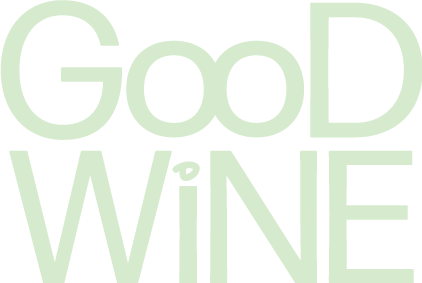Climate Change in France: A Perpective from Savoie
Pruning in the eye of the Alps.
This month, we wanted to get some info from the source on how much of a factor climate change is in France and what growers and winemakers are doing about it. Thanks to Ed and Danny of our partner, Wine Traditions, we were able to get in touch with Sylvain Liotard of Les 13 Lunes, the producer of our brisk and tasty white selection this month.
After speaking with Sylvain, it was clear that we weren’t asking a novel set of questions about weather and climate but rather touching upon something that Sylvain deals with day in and day out. Sylvain is addressing today’s problem from multiple angles and also taking steps to be part of the climate solution for the future, too. Read on for our full conversation.
Miki from GoodWine: What have you observed in terms of the effects of climate change on your vineyard over the years?
Sylvain from Les 13 Lunes: The idea of climate change is better described as “climate disruption.” The climactic events we experience are on extreme ends of the spectrum, including very hot and dry summers, autumns with floods, mild winters, and springs with late frosts and violent hail. You have to approach each year with all the tools to be able to adapt.
Miki: How do you adapt your grape growing or winemaking techniques to face these climatic challenges?
Sylvain: We have 6 hectares (about 15 acres). They are 100% covered in grass between the rows of grapevines and outside the vineyard. This protects the soil from extreme heat and erosion during heavy rains.
In addition, we create organic matter and amendments (aka a material used to improve soil health) by using seedlings. We choose seed types that are best for each specific plot of land.
Finally, biodynamic preparations such as plant-based mixtures and cow manure compost allow us to grow grapes that need less help in the cellar to create good wine. This means we don’t have to use as many products, which lowers the carbon footprint and cost.
Miki: How do you talk to your customers about the techniques you use to tackle these challenges?
Sylvain: Our main customers understand our approach and are our best ambassadors. They love wine and good products, and they look forward to a future where people recognize their responsibility to the environment.
Miki: Are there any climate-positive practices you would like to highlight, such as using cover crops, reducing inputs, or conserving energy?
Sylvain: We are a small operation trying to do our part to ensure the human species can survive (before the planet decides that we are too many and chooses another dominant species!). To this end, we take care of our environment, including birds, insects, bats, our soil and all its inhabitants.
To reduce energy, we no longer have a tractor. Instead, we are trying to decarbonize our production by doing as much of the vineyard work as possible by hand.
Finally, there’s the labor element. We pay all our employees adequately, and we try to create a pleasant working atmosphere despite the difficulty of the work. The people doing the work in the vineyard and the harvest are the same every year, because we create good conditions for them. Above all, sustainable agriculture requires sensitive humanity.
On the ground at 13 Lunes.


